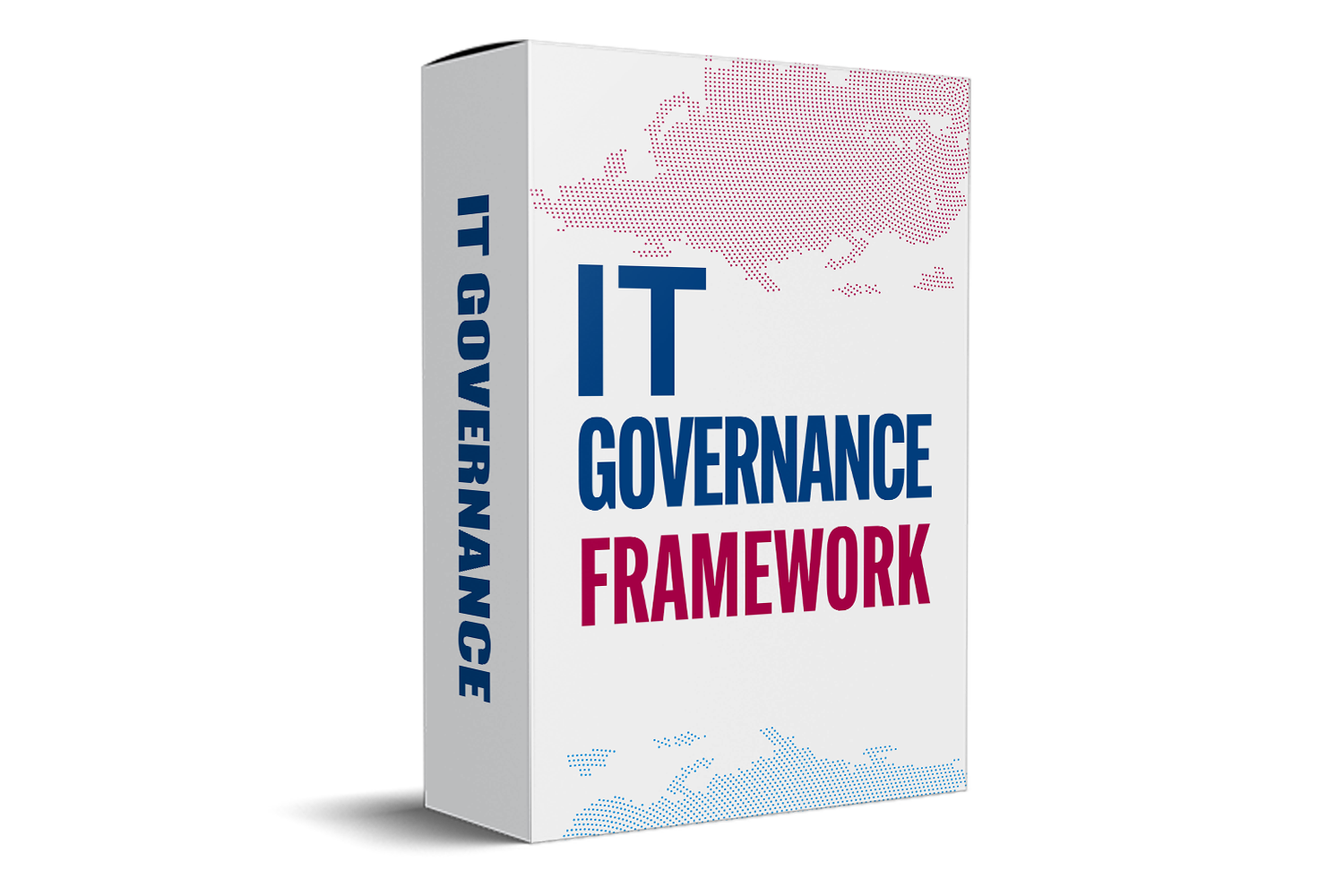The Key To IT Governance: Understanding the IT Internal Audit Profile
Introduction
Internal auditors must have a deep understanding of the organization's IT environment, including software applications, network infrastructure, and data security protocols. They must also possess strong analytical and problem-solving skills to identify potential risks and devise effective mitigation strategies. Additionally, internal auditors must stay abreast of emerging technologies and trends in the IT industry to continuously improve the organization's IT governance framework.

IT Internal Audit Profile
- IT Domain: the IT domain plays a crucial role in the success of businesses across industries. For IT internal audit professionals, a deep understanding of IT systems, processes, and controls is essential to ensure the reliability, integrity, and security of critical data and information. In this profile, individuals work closely with IT teams to assess and evaluate the effectiveness of internal controls, identify potential risks and vulnerabilities, and provide recommendations for improvement.
- Internal Audit Project: Internal Audit Project for IT involves the examination and evaluation of an organization's information technology infrastructure, systems, processes, and controls to ensure they are in compliance with internal policies and regulatory requirements. IT Internal Audit professionals play a crucial role in identifying risks, testing controls, and providing recommendations for improvements to strengthen the organization's overall cybersecurity and data protection measures.
- Geographic Location: The geographical position of a company's IT systems can have a significant impact on the scope and complexity of internal audits. For example, IT audits for multinational companies with servers and data centers spread across different countries require a comprehensive understanding of international laws and regulations, as well as cross-border data transfer protocols. Furthermore, companies located in areas prone to natural disasters or political instability may face unique challenges in ensuring the security and resilience of their IT infrastructure.
Components Of IT Internal Audit Profile
1. Business Segment: Business segment for IT internal audit within organizations refers to the division or department of the company that focuses on assessing and improving the effectiveness of the IT systems and processes in place. This segment is crucial in identifying potential risks, ensuring compliance with regulations, and enhancing overall cybersecurity measures. IT internal auditors within this segment are responsible for conducting thorough assessments of IT infrastructure, identifying vulnerabilities, and making recommendations for improvement.
2. Resource Requirements: the IT department must have adequate resources in place. This includes a skilled team of IT auditors who possess the necessary technical expertise and knowledge of industry standards and regulatory requirements. Additionally, the IT department should have access to advanced software tools and technologies for conducting audits, analyzing data, and generating reports.
3. Description of Scope: The scope of IT Internal Audit includes assessing the security of IT systems, analyzing data integrity, reviewing IT governance, and evaluating IT risk management processes. Additionally, IT Internal Audit investigates potential fraud, assesses the effectiveness of cybersecurity measures, and provides recommendations for improvement. By offering valuable insights and recommendations to management, IT internal auditors help organizations achieve their strategic objectives while maintaining a secure and reliable IT environment.
Conclusion
The IT internal audit profile is a crucial component of ensuring compliance, risk management, and operational efficiency within an organization's IT infrastructure. By thoroughly assessing and evaluating IT controls, processes, and systems, internal auditors play a vital role in identifying vulnerabilities and recommending corrective actions to mitigate potential risks. Ultimately, a well-executed IT internal audit profile can help organizations enhance their overall governance and ensure adherence to industry regulations.



